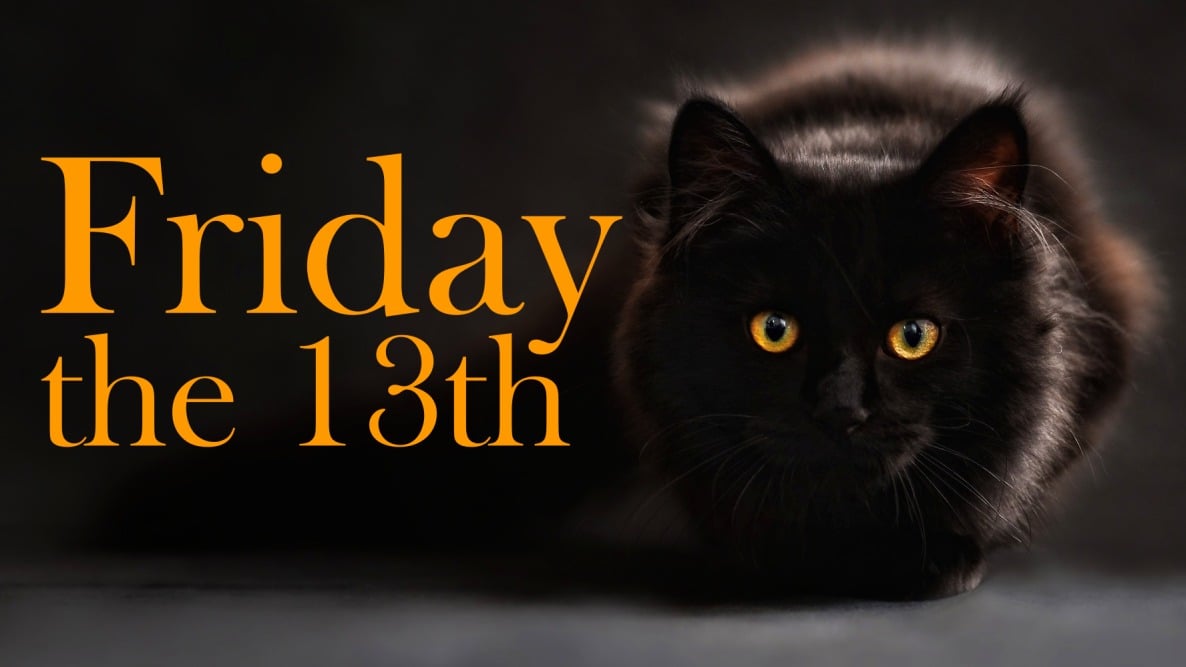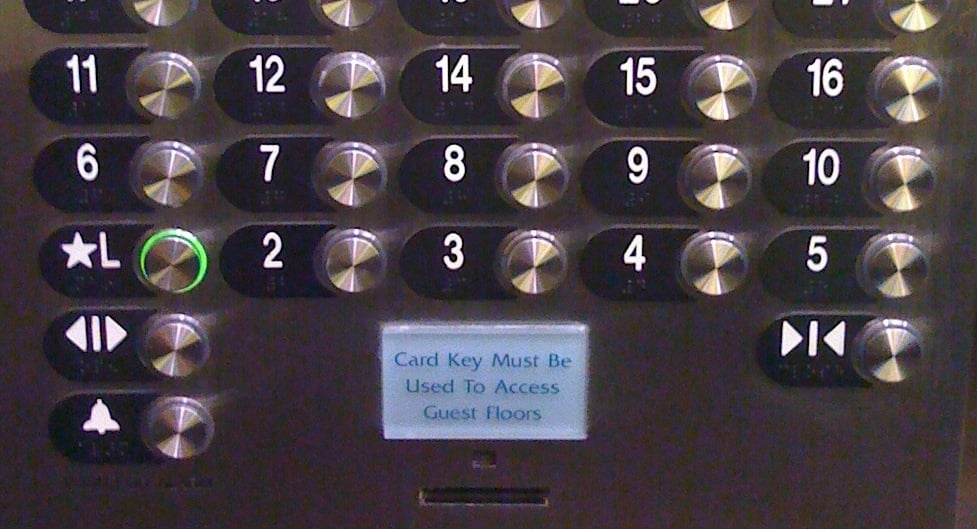
American singer-songwriter Taylor Swift and her fans may consider 13 a lucky number. However, millions of people worldwide do not share that sentiment. Things get even worse for the superstitious when the date, as will happen this week, coincides with a Friday. Some of the anxiety surrounding Friday the 13th can be blamed on the namesake movie series. However, the day was feared long before the film's hockey-masked villain, Jason Voorhees, made his debut in 1980.
The superstition starts with the dread of the number 13 or "triskaidekaphobia." Thomas Fernsler is an associate policy scientist at the University of Delaware. He believes 13 gets a bad reputation because it follows the "complete" number 12. There are 12 months in a year, 12 zodiac signs, 12 tribes of Israel, 12 apostles of Jesus, and so on. Many consider 13 "incomplete" and, therefore, unlucky.

Folklore historian Donald Dossey has another theory. He attributes 13's unpopularity to a Scandinavian legend. Twelve gods were enjoying a quiet dinner when Loki, the trickster Norse god, arrived. He caused Hoder, the blind god of darkness, to kill Balder, the god of joy and gladness. To this day, many people avoid inviting 13 guests to a party.
Friday has its own negative associations. In the Bible, Jesus was crucified on a Friday. It was not the 13th, but the execution happened shortly after the Last Supper, attended by Jesus and his 12 apostles. Many biblical scholars believe Eve tempted Adam with the forbidden fruit on a Friday. The one historical event thought to have occurred on Friday the 13th is when Adam and Eve's son Cain killed his brother, Abel.
Regardless of the reason, the fear of Friday the 13th is widespread. Experts estimate that over 20 million Americans, and many more worldwide, suffer from "friggatriskaidekaphobia." Their symptoms range from mild anxiety to full-blown panic attacks. For those working in injury-prone professions such as construction, the nervousness often results in accidents. This makes them fear the day even more.

Surprisingly, Friday the 13th also hurts the US economy. Businesses lose about $900 million on the dreaded date as the superstitious avoid going to work, traveling, or making big purchases. As it turns out, their fears are unfounded. A 2008 study by the Dutch Centre for Insurance Statistics found that fewer traffic accidents occur on Friday the 13th than on other Fridays. The number of fires and thefts reported was also much lower.
For the brave, the day may be extremely lucky, given that many companies offer large discounts to encourage people to shop. So, enjoy this year's final Friday the 13th by treating yourself to a bargain or two!
Happy Friday the 13th!
Resources: ibtimes.com, wikipedia.org, businessinsider.com, Nationalgeographic.com
